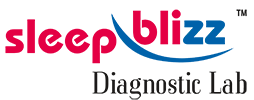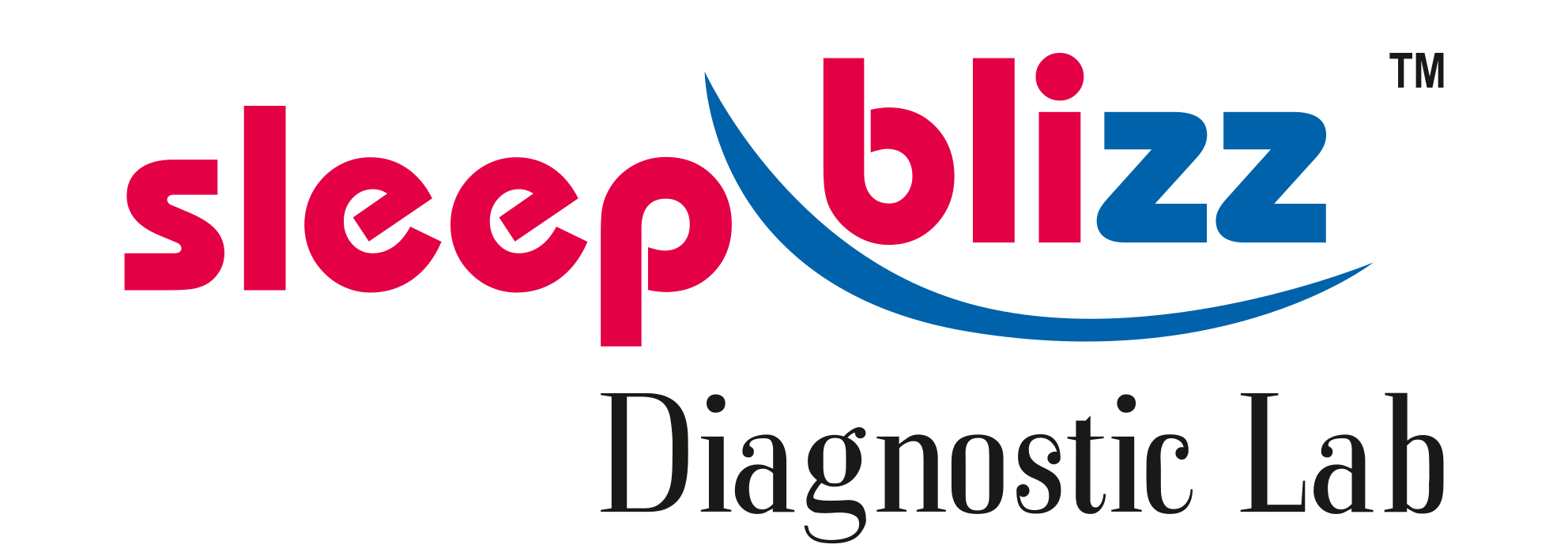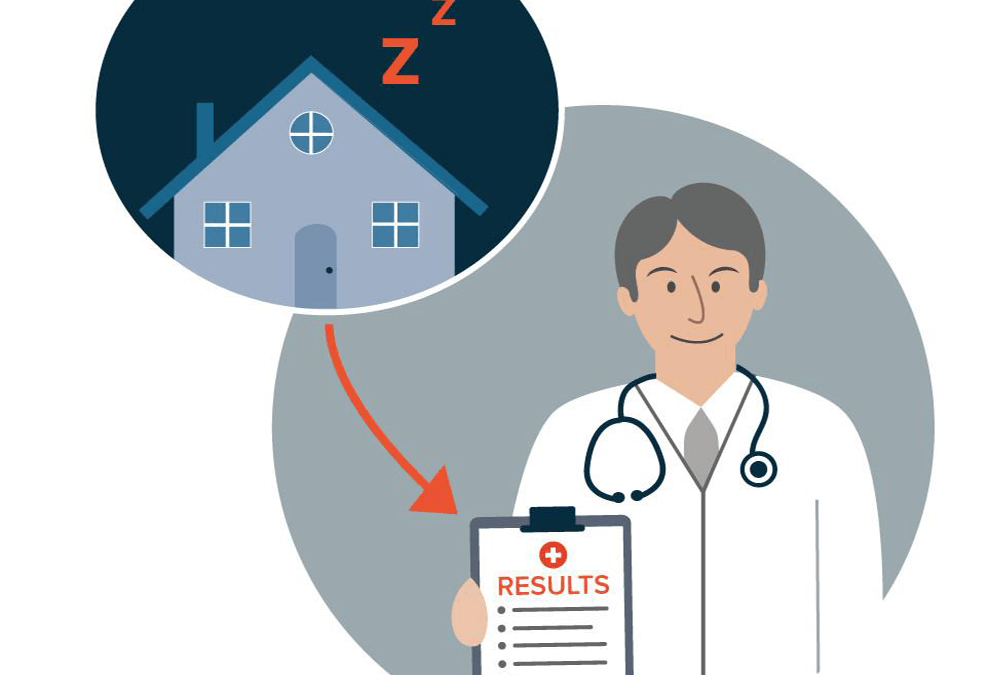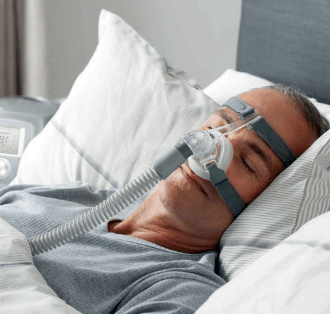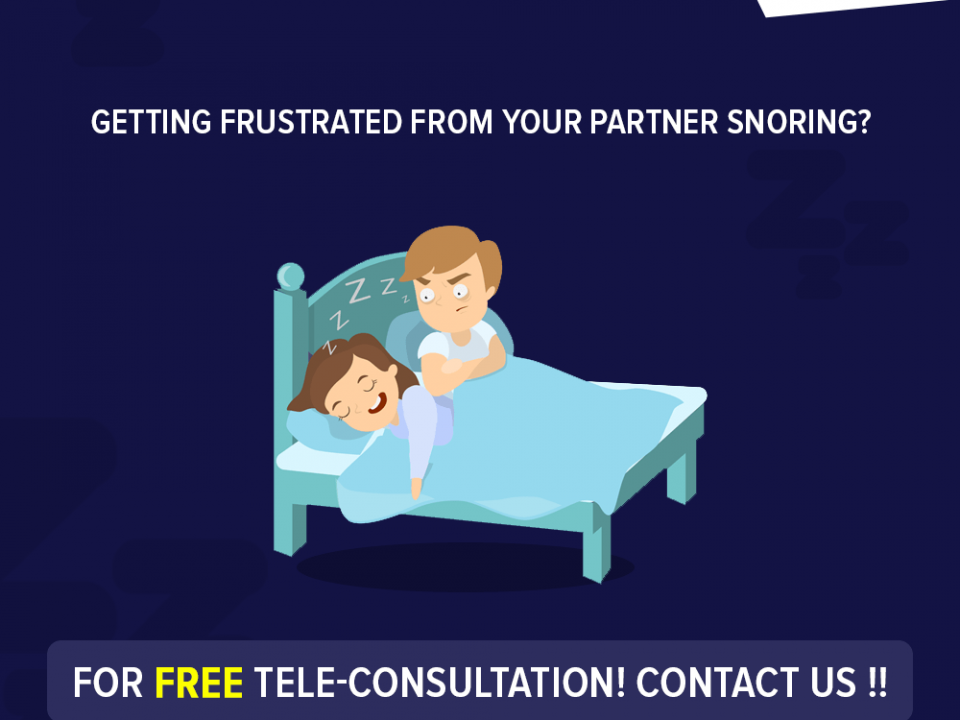What is Home Sleep Test? (Pros and Cons)
The Home Sleep Test nothing but a portable sleep test that is typically recorded on equipment you take to your home. Home Sleep Tests have become increasingly popular with patients, physicians, and insurance companies over the last decade.
It is used to measure the following biologic parameters:
- Nasal and Oral Airflow – by the thin wire that is taped by the nose and mouth – there are some sensors that look like an oxygen cannula.
- Respiratory Effort – by the elastic belt bands that are placed across the chest and abdomen.
- Oximeter Finger Probe – by a small clip-like device that is attached to the fingertip and emits a red light that assists in the evaluation of oxygen levels in the blood while sleeping.
This procedure is always advised by the physician to the patients who are suspected of the obstructive sleep apnea. The patient usually applies the mentioned sensors to the body before the sleep time and sleeps with the equipment for 1 to 3 nights. The equipment is returned to the diagnostic service company where the data is downloaded and processed for the interpretation by the sleep physician.
Pros:
- Convenience is one of the most captivating reasons for a patient to choose a Home Sleep Test.
- A home sleep study is not only convenient and but it is also more accurate for a patient.
- it is also very cost-effective. Home sleep testing has a cost savings of over 75% compared to a sleep lab testings.
- It is likely that you will sleep more comfortable in your own bed and at home than at the sleep lab, so the test is likely to produce more accurate data and provide a better profile of your breathing.
- The home sleep test also produces very accurate results and it has a very quick turnaround, enabling your doctor to make or rule out a diagnosis of sleep apnea.
Cons:
- It is likely that if a sensor falls off, you may not know it, whereas the lab tech would be the right in to reattach it. If a sensor is off for a good portion of the night, then the study may need to be repeated.
- Home Sleep Test is limited to the sleep disordered breathing and is not appropriate for the patients with other conditions such as, Congestive Heart Failure (CHF), Restless Leg Syndrome (RLS), Chronic Obstructive Pulmonary Disease (COPD) and others that may necessitate more advanced monitoring.
- Home Sleep Tests tend under diagnose. Because they don’t use the EEG electrodes to positively determine when the patient is asleep, the entire study will be scored from Start to Stop, versus an in-lab study where sleep is accurately recorded and only the sleep portion is scored.
Sleep well and stay healthy!
